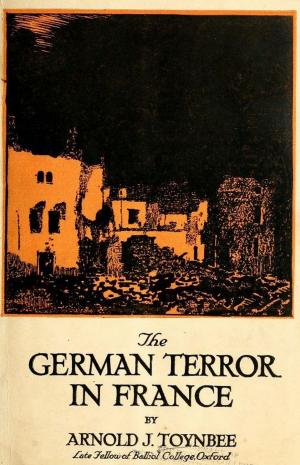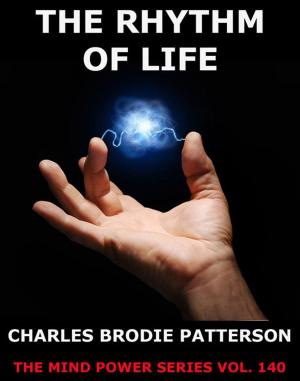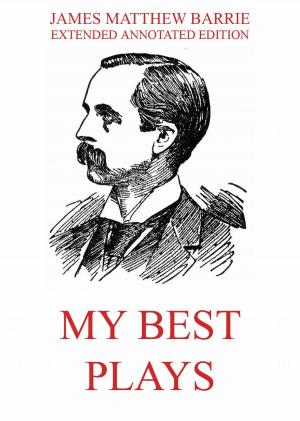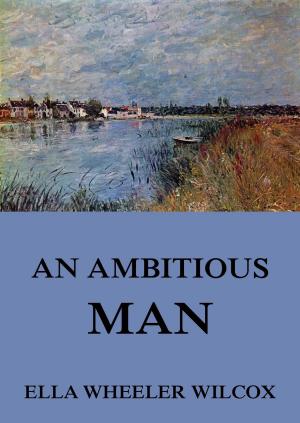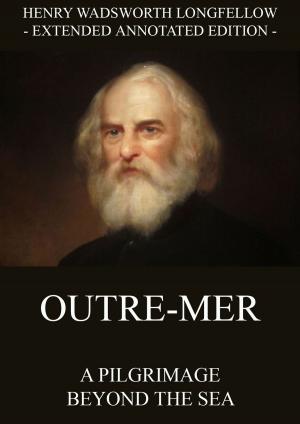| Author: | Anthony Hope | ISBN: | 9783849647957 |
| Publisher: | Jazzybee Verlag | Publication: | November 14, 2015 |
| Imprint: | Language: | English |
| Author: | Anthony Hope |
| ISBN: | 9783849647957 |
| Publisher: | Jazzybee Verlag |
| Publication: | November 14, 2015 |
| Imprint: | |
| Language: | English |
Mr. Anthony Hope is original, and original with a light-handed grace not too often found in English writers of fiction. His Comedies of Courtship remind one of pretty dances. The step of the dancers is light and firm, the figures graceful and lively. The whole leaves a sense of harmony and completeness. As in a dance, too, the people are real, the movements artificial. The plots of these tales can scarcely be taken quite seriously. But the young men and women in whom Mr. Hope delights, and makes us delight, talk and behave in the most natural manner. Through these comedies there runs a spice of smiling mischief—it is not even a distant cousin to cynicism—which unites the reader and author in bonds of pleasant fraternity. It is a skilful thing to place behind his smiling groups, as Mr. Hope sometimes does, a background of slightly but well-defined tragedy—a ghastly or pathetic bygone incident of family history, against which plays the modern scene. Tennis parties, afternoon tea ; the bright girls with the ready tongues, and the men who answer deliberately but so much to the point also, are haunted— pleasantly haunted—by the shadow of the past. Between the whiffs of the cigarettes you see the plaintive eyes of a Lady Agatha of a former age looking down on her descendants from a portrait on the wall ; and you suspect that by some imaginative laws of heredity she guides the freakish plot. Merimee was a great master of this art of threading a tragic underplot with the every-day realism of a modern tale which Mr. Hope also uses.
Mr. Anthony Hope is original, and original with a light-handed grace not too often found in English writers of fiction. His Comedies of Courtship remind one of pretty dances. The step of the dancers is light and firm, the figures graceful and lively. The whole leaves a sense of harmony and completeness. As in a dance, too, the people are real, the movements artificial. The plots of these tales can scarcely be taken quite seriously. But the young men and women in whom Mr. Hope delights, and makes us delight, talk and behave in the most natural manner. Through these comedies there runs a spice of smiling mischief—it is not even a distant cousin to cynicism—which unites the reader and author in bonds of pleasant fraternity. It is a skilful thing to place behind his smiling groups, as Mr. Hope sometimes does, a background of slightly but well-defined tragedy—a ghastly or pathetic bygone incident of family history, against which plays the modern scene. Tennis parties, afternoon tea ; the bright girls with the ready tongues, and the men who answer deliberately but so much to the point also, are haunted— pleasantly haunted—by the shadow of the past. Between the whiffs of the cigarettes you see the plaintive eyes of a Lady Agatha of a former age looking down on her descendants from a portrait on the wall ; and you suspect that by some imaginative laws of heredity she guides the freakish plot. Merimee was a great master of this art of threading a tragic underplot with the every-day realism of a modern tale which Mr. Hope also uses.

